AT&T may hold on to exclusive iPhone deal until 2010
In what may be a rare peek at negotiations between Apple and carriers, a prominent newspaper claims AT&T agreed to hefty iPhone 3G subsidies on the condition that it remained the lone US carrier for the handset until 2010.
As struck before the original iPhone's launch, Apple's initial agreement for iPhone exclusivity had AT&T serve as the only US network for iPhones until 2009, or roughly two years after customers' contracts began. But to greenlight the subsidy — which is described as "painful" and damaging in the short term — AT&T allegedly insisted on an extension of the deal until 2010, when T-Mobile and other carriers could start offering the device.
The report explains that the deal very likely has its roots in AT&T's determination to hold on to its market share lead in a field where most every potential customer already owns a cellphone. As the only real choice for the company is to "steal" subscribers rather than attract completely new customers, the iPhone lineup is a bargaining chip that transfers customers from rival networks and keeps existing ones in line.
AT&T chief Randall Stephenson declines to speak about the terms of the contract but goes on record as acknowledging that reaching the magic $199 price point for the iPhone was a mutual imperative not just for himself, but for Apple co-founder Steve Jobs. Without a low-enough price, both top executives worried the iPhone would never hit the inflection point where it enters the mainstream.
"The $199 price point is where demand leaps," according to Stephenson. "This is going to bring in a whole new demographic."
Long-term revenue is also a concern for AT&T in particular, as an average iPhone 3G subscriber is estimated to pay about $100 per month for voice and data, or nearly double the $55 per month paid by most other subscribers. A longer exclusivity period gives AT&T a better chance at recouping the expensive subsidies through these high-value monthly plans.
Outside of recognizing the switch to a subsidized model with iPhone 3G, Stephenson's remarks have been consistent with the silence on terms from both Apple and AT&T, which have never publicly disclosed the length of time involved or the money exchanging hands. Until now, this has left analysts and even USA Today's own previous sources making tentative estimates or floating rumors that the agreement was to have lasted as long as five years, or enough to guarantee AT&T's exclusivity through 2012.
And while the newly suggested duration may provoke a reaction from customers of other US carriers, who may be learning that they could have had a fully sanctioned iPhone in just one year without the new deal in place, the 2010 termination for AT&T's grip on the cellphone may be convenient for Apple. AT&T and Verizon have both pledged to upgrade to the same 4G network standard in the same year, which may give iPhone buyers their choice of ultra high-speed mobile Internet access from multiple carriers.
Whatever the end date, Stephenson says AT&T is "very happy" with the results of its Apple partnership and that any immediate losses are part of a larger, calculated gamble that it believes will pan out.
"You don't [push forward] by making little incremental moves. You've got to make big moves," he explains. "You've just got to be right more than you're wrong."
 Katie Marsal
Katie Marsal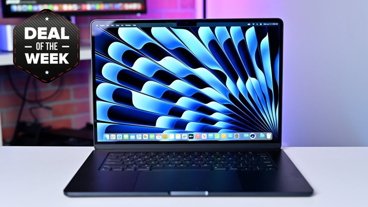












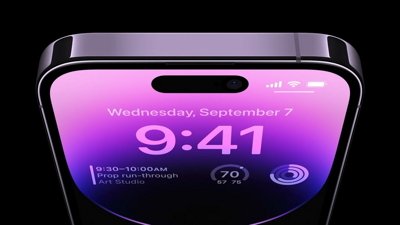
 Charles Martin
Charles Martin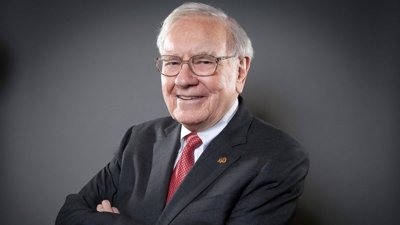
 William Gallagher
William Gallagher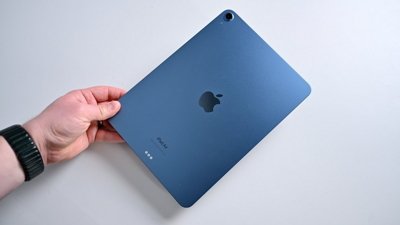
 Andrew Orr
Andrew Orr
 Malcolm Owen
Malcolm Owen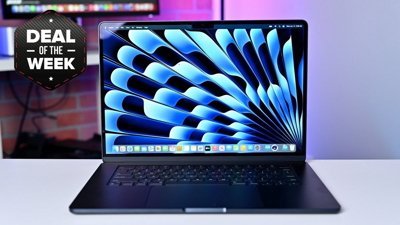
 Christine McKee
Christine McKee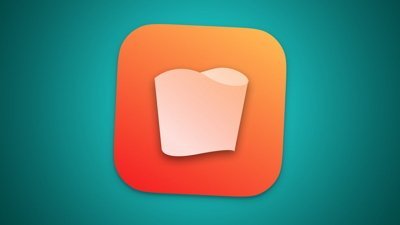
 Chip Loder
Chip Loder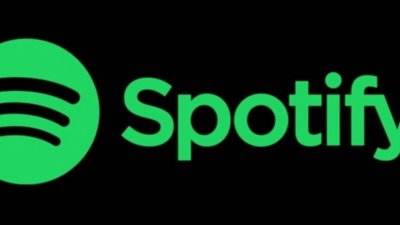
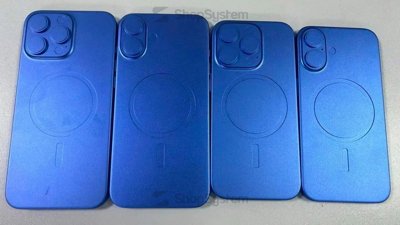
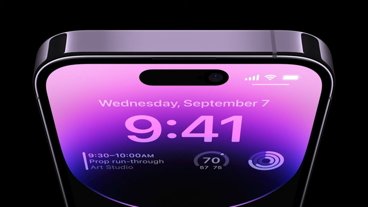
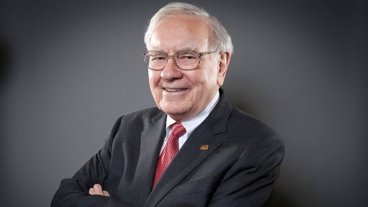






30 Comments
No iPhone for me for another 2 years.
Tucked away amid discussions of AT&T's pleased reaction to the iPhone's results, USA Today surprisingly mentions that the American cellular service provider didn't simply agree to switch from a monthly revenue sharing model to a heavily subsidized approach without first setting some conditions.
What? There was a contract change? I thought the only change was that the iPhone was now half the price.
I'm being sarcastic. Some here have argued to no end that there was no contract modifications. You know who you are.
I think it was TenoBell that was saying that he thought the contract was not 5 years like Verizon's CEO mentioned Apple approached them with, but only 2 years. If it was someone else
Some here have argued to no end that there was no contract modifications. You know who you are.
I'm not following. If you change from revenue sharing to subsidy you are changing the contract. How can that be debated?
So, exactly why is this "news"?
If you bought the iPhone at the subsidized $199 or $299 price points, you also signed up with AT&T for two years.
The iPhone 3G launched on July 11, 2008
Two years from now, it will be.... (drum roll, please).....
2010!
Shear genius when it comes to big numbers, I tell ya!
So, exactly why is this "news"?
If you bought the iPhone at the subsidized $199 or $299 price points, you also signed up with AT&T for two years.
The iPhone 3G launched on July 11, 2008
Two years from now, it will be.... (drum roll, please).....
2010!
Shear genius when it comes to big numbers, I tell ya!
This has nothing to do with user contracts. This has to do with carrier to manufacturer contracts. Since not everyone who wants and iPhone bought one right away they desire for AT&T to extend the contract helps them maintain customers for up to two years AFTER the Apple contract ends.